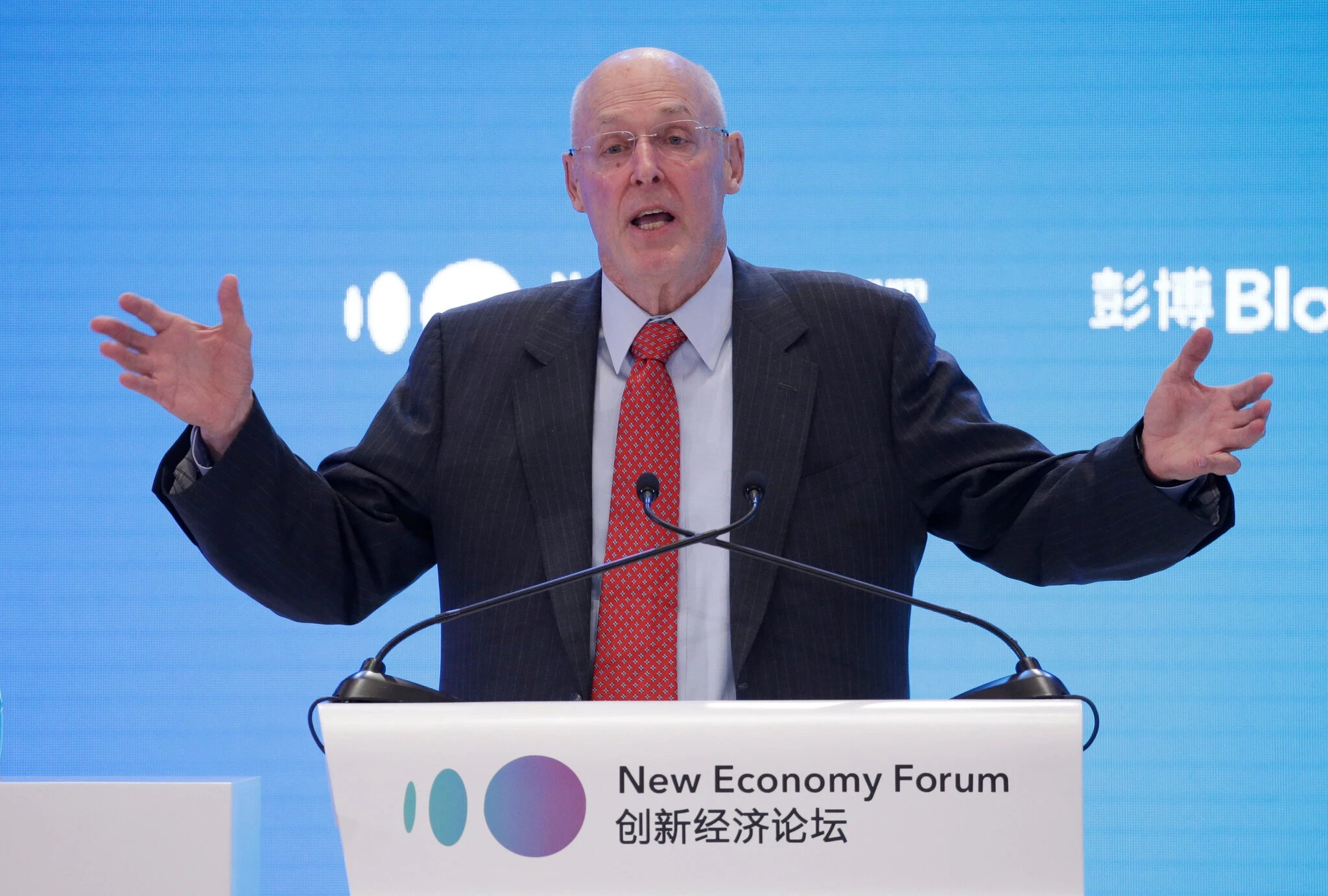In his annual investor letter, Buffett addresses the new set of risks faced by electric utilities.
“Today, society has decided that federally-subsidized wind and solar generation is in our country’s long-term interest. Federal tax credits are used to implement this policy, support that makes renewables price-competitive in certain geographies. Those tax credits, or other government-mandated help for renewables, may eventually erode the economics of the incumbent utility, particularly if it is a high-cost operator,” wrote Buffett.
The Investment guru assured investors that Berkshire Hathaway’s utilities will remain competitive because of their adoption of renewable energy, energy efficiency, and increased focus on operational efficiency.
“BHE’s long-established emphasis on efficiency — even when the company didn’t need it to attain authorized earnings — leaves us particularly competitive in today’s market (and, more important, in tomorrow’s as well),” wrote Buffett.
Berkshire Hathaway Energy has poured $16 billion into renewables in recent years, according to Buffett. The company’s electricity portfolio now consists of 7 percent wind and 6 percent solar. The company also plans to increase its investments in large-scale renewable energy projects in support of international climate goals. “We’re not done,” wrote Buffett.
Buffett did not mention state policies like net metering, which his utilities have strongly opposed. Berkshire’s power companies, particularly NV Energy in Nevada, have been heavily criticized and even demonized by the solar industry for fighting to get rid of net metering.
Some argue that Buffett and SolarCity Chairman Elon Musk are locked in a battle over the future of solar energy. Both believe in the promise of the technology; however, Buffett thinks centralized solar power plants are the most economic choice, while Musk thinks rooftop solar will dominate.
Whatever the dominant model — distributed or centralized — Buffett believes his utilities will ride the transition.
“None of these problems, however, is crucial to Berkshire’s long-term well-being,” he wrote. Many other companies in Berkshire’s portfolio have adapted to change in the past. “And we will continue to do so.”




